Green Action Week: Upcycling, Recycling and
Reducing Waste
Bringing about sustainable consumption relies on significantly reducing and eventually eliminating waste. Waste refers to anything that is discarded through the production cycle or after consumption. If not reused, recycled or upcycled, waste (clothing, food, electronic, plastic packaging etc.) accumulates in landfills and natural spaces. As waste decomposes over time – and for some products that could be several lifetimes – it releases chemicals and other compounds into the air, soil and water bodies. These pose a health risk – to people and to ecosystems. The circular economy approach focuses on reusing and recycling resources to make the most of them throughout their lifecycle. Many Green Action Week campaigns focused on reducing and recycling waste and boosting a circular economy approach.
Tackling the Issue of Plastic Waste
In Burundi, the Association Burundaise des Consommateurs / Transparency International Burundi tackled the problem of non-biodegradable plastic waste that threatens the biodiversity of life in and around Lake Tanganyika and poses a risk to human health. Campaign activities included group collection of the plastic waste and sensitising public institutions about the problem. In Mexico, Colectivo Ecologista Jalisco engaged more than 200 consumers of all ages in a plastic audit workshop raising awareness of the health risks associated with single-use plastics.
The Citizen Consumer and Civic Action Group in India surveyed a low-income community to better understand how people felt about plastics before launching their campaign, which included sharing pamphlets, screening a video ‘Plastic Pankaj’ and hosting street plays reaching more than 800 people. Also in India, the Consumer Unity & Trust Society focused its campaign on making the ‘best out of waste,’ providing training on recycling, reusing single-use plastic and other waste. It engaged with the community on waste issues, offering training on developing kitchen gardens at home and converting wet waste into organic manure.
And in Yemen, the Yemen Association for Consumer Protection hosted a series of workshops to raise awareness of the hazards posed by plastic bags. It distributed 1 000 cloth bags in 10 shopping centres, both to raise consumer awareness of the problem and to highlight the issue to retailers and conducted a community association-led field campaign to plastic bag factories to collect samples to ensure compliance to any claims of biodegradability.
Reducing Food & Clothing Waste
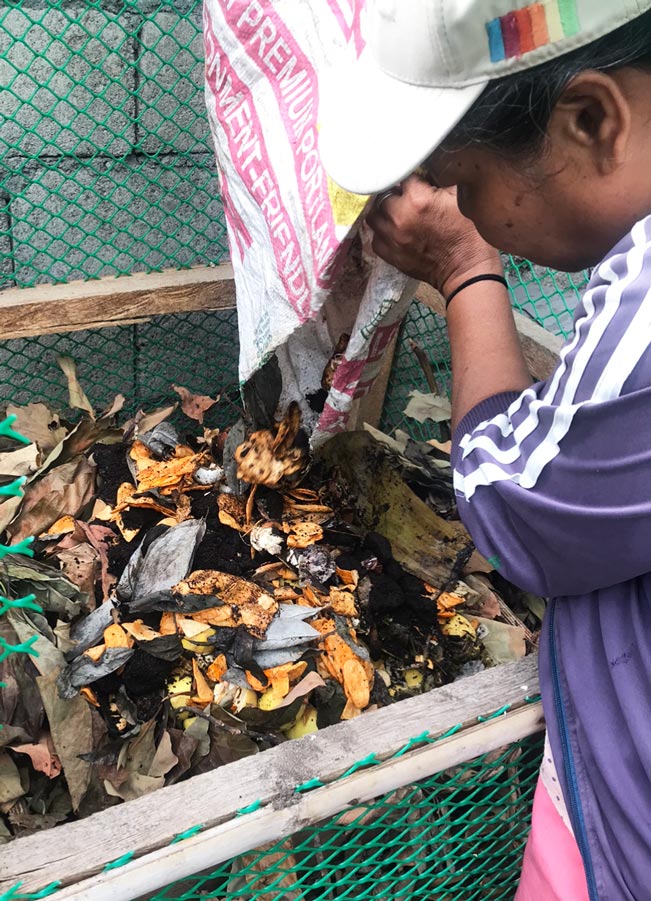
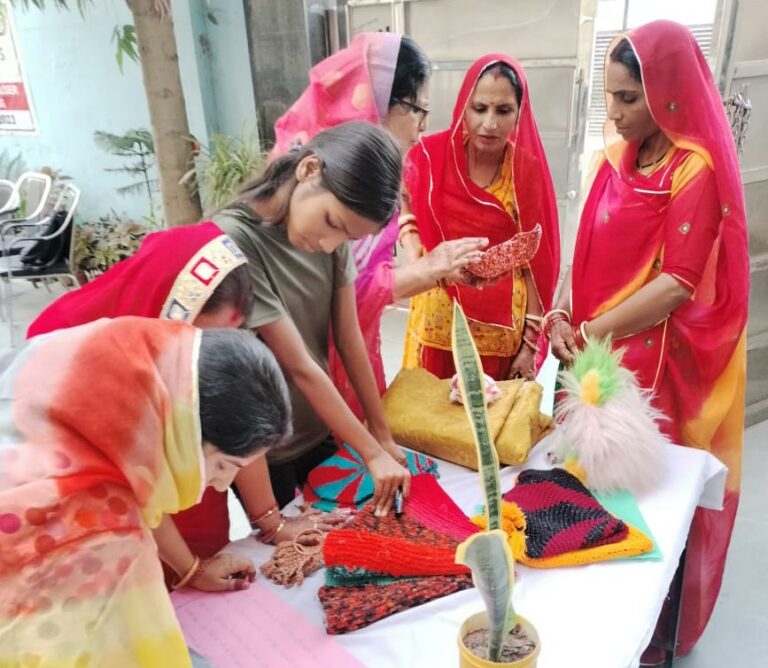
Tackling the Issue of Plastic Waste
Reducing Food & Clothing Waste
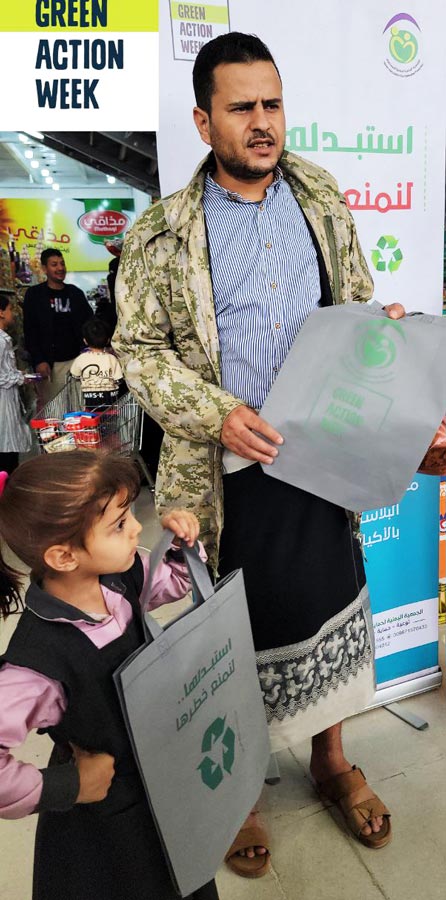


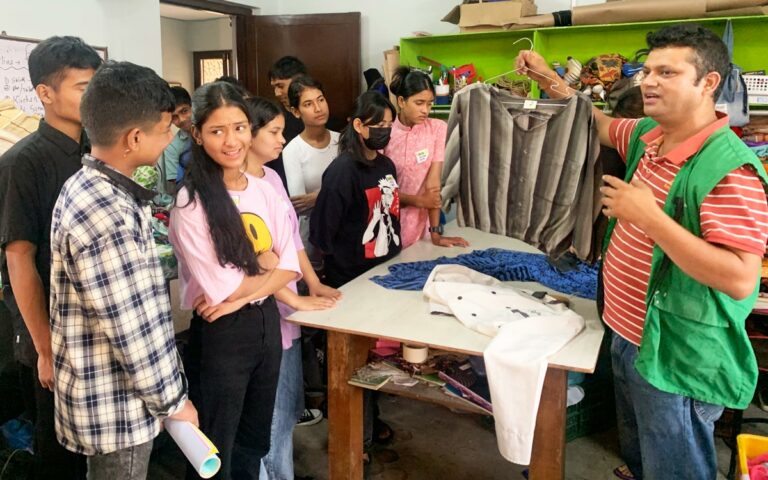
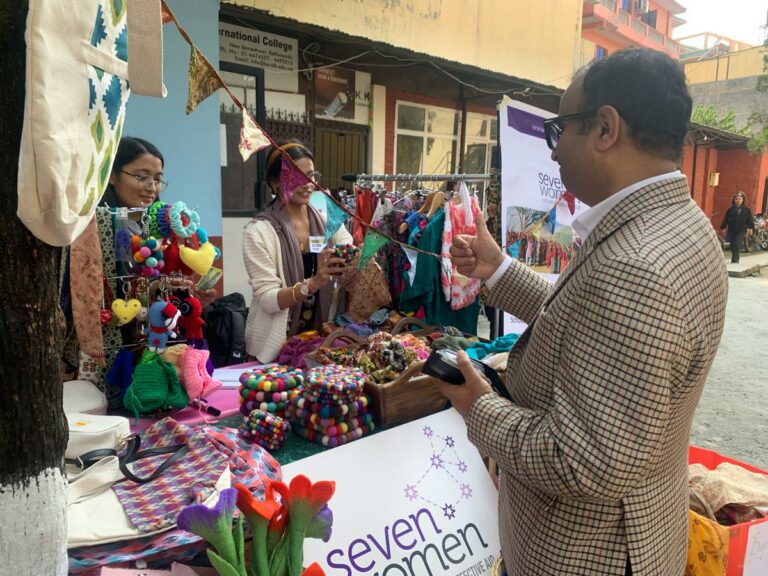
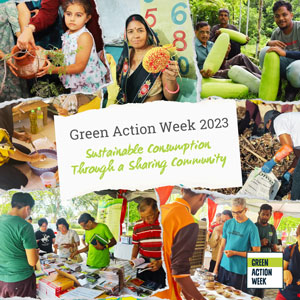
Check out our mini-stories booklet to read about some of the great campaigns that took place in Green Action Week 2023.